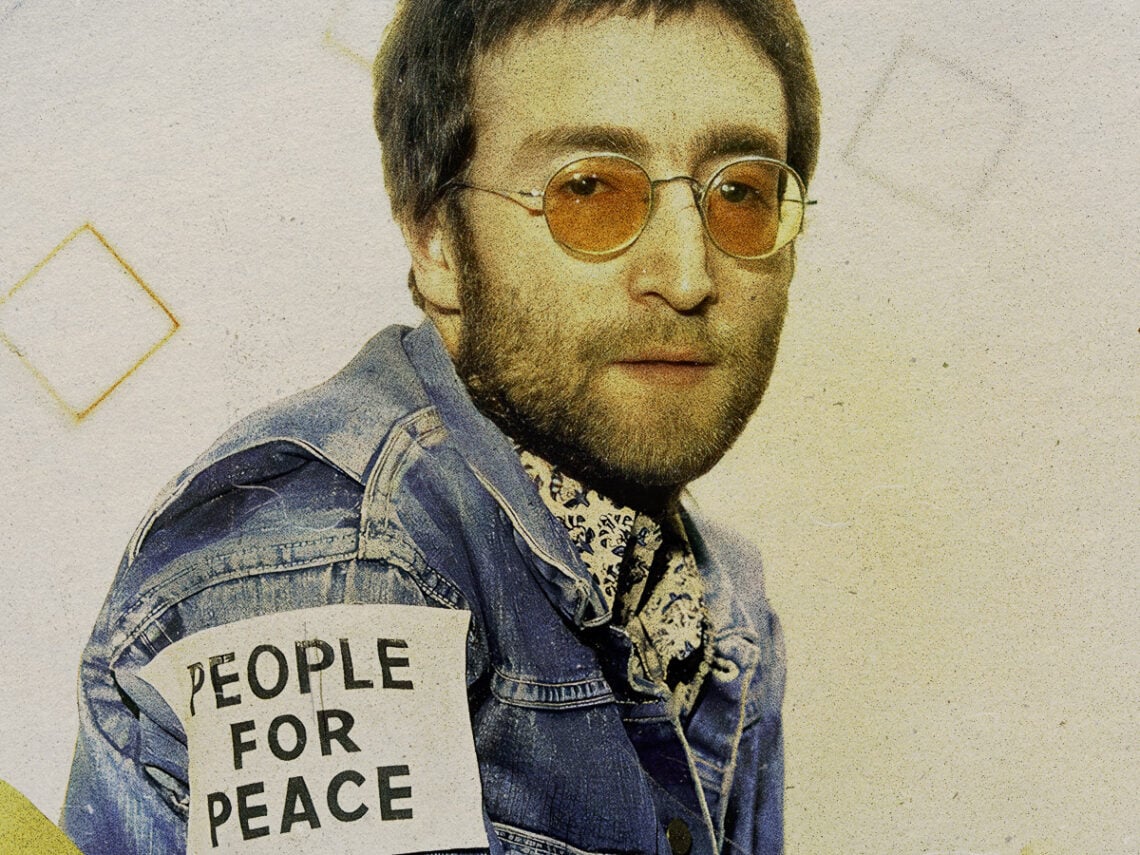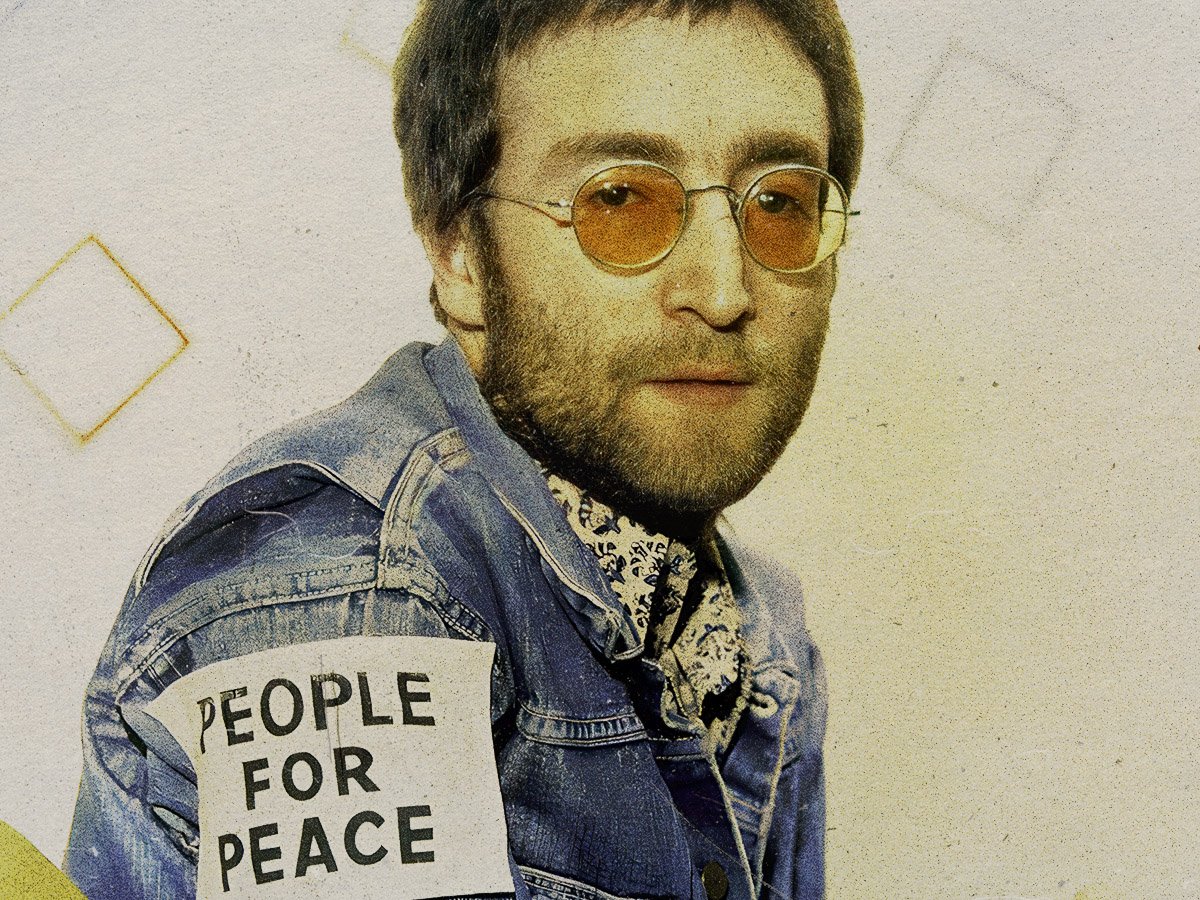
(Credits: Far Out / Press)
Sun 31 August 2025 17:30, UK
Just as Dr Frankenstein hated his monster, and Robert Oppenheimer wasn’t thrilled about having created the atomic bomb, John Lennon wasn’t too keen on the musical landscape which had established itself in the wake of The Beatles.
After all, nothing was quite the same once The Beatles hit the scene in 1962 with ‘Love Me Do’. Over the course of their relatively short time together, the Merseyside ‘Mop Tops’ rose from being teenyboppers penning pithy love songs to crafting some of the most ambitious, innovative, and mind-expanding albums ever released. 1967’s Sgt Pepper’s Lonely Hearts Club Band, for instance, opened up countless other artists to an entirely different way of viewing music, and it led to a lot of imitations, some better than others.
You can count on one hand the number of artists who don’t owe anything to those pioneering sounds created by The Beatles back in the 1960s, but that isn’t to say that the band itself always appreciated the sounds that they inspired. Particularly in the wake of their messy break-up in 1970, the music industry became flooded with the endlessly complex, self-congratulatory sounds of progressive rock, which John Lennon never truly took to.
Although prog was the natural progression of the psychedelic rock scene of the previous decade, which The Beatles had certainly done a lot to popularise on albums like Revolver, the ever-hard-to-please Lennon couldn’t find much to enjoy within the age of early 1970s prog. Still, there were a handful of artists during that period who kept the songwriter’s spark alive.
During a chat with Jann Wenner for a 1970 edition of Rolling Stone, Lennon reflected on the prevailing sounds of the day: “Since I’ve been listening to the radio here, I like a few things by Neil Young and something by Elton John”.
However, that seems to be where the list ends. “There are some really good sounds, but then there is usually no follow-through”.
“There will be a section of fantastic sound come over the radio, then you wait for the conclusion, or the concept or something to finish it off, but nothing happens except it just goes on to a jam session or whatever,” the songwriter explained. In fairness, The Beatles had their fair share of jam sessions and abrupt endings during the height of their psychedelic age. For the most part, though, Lennon’s songwriting remained indebted to the standard structure of pop, including the ever-important concluding outro.
In contrast, the early 1970s were full of hangovers from the psychedelic age, as expansive solos morphed into, as Lennon called them, all-encompassing jam sessions which seemed to stretch on forever. All of a sudden, bands were moving away from the three-minute confines of the single format, focusing on creating vast and expansive soundscapes over the course of entire albums, something for which he surely must take some of the blame.
Lennon’s picks of a hopeful future being Neil Young and Elton John, the latter of whom was only in the nascent stages of his long and storied career at the time of his proclamation, is quite telling. Both of those figures have been beacons of musical innovation and exploration for decades, sponges soaking inspiration from all grounds, refusing to bow to prevailing trends and remaining unapologetically individualistic. In that sense, they both share a lot in common with the bespectacled icon himself.
Related Topics
The Far Out Beatles Newsletter
All the latest stories about The Beatles from the independent voice of culture.
Straight to your inbox.
